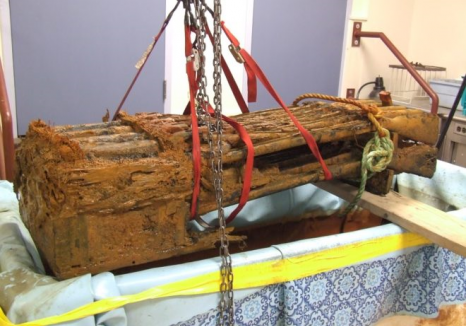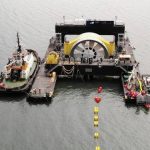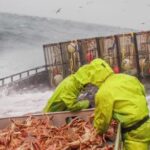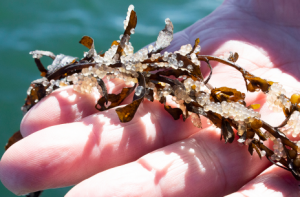Daily Archives: December 21, 2017
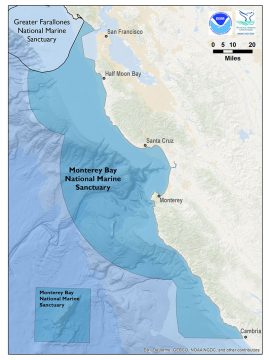
Fishing leaders: Has the Monterey Bay sanctuary kept its promise?
The answer is no, not to fishermen; please let us explain. Reflect back to 1992 when the Monterey Bay National Marine Sanctuary was proposed. While fishermen and most others agreed that it could help prevent offshore oil development, we had concerns about how sanctuary authority might affect those of us who provide food from ocean resources. There was also public discussion about how stakeholders would have a say in the new federal bureaucracy. Commercial fishermen and recreational anglers had killed two earlier sanctuary proposals over these concerns. In response, fishermen heard that the new sanctuary would not threaten our livelihoods or create fishing regulations. It was a broad assurance, and repeated often by both elected and NOAA officials. click here to read the story 22:54 

SAFMC decides for now to not limit the number of head and charter boats
Some good news. The South Atlantic Fishery Management Council at their meeting this month decided, at least for now, to not move forward with limiting the number of charter and head boats in the snapper-grouper fishery. The comments received by the SAFMC were overwhelmingly against limited entry. My thanks to all who submitted comments. One of the important points we made was that the SAFMC really doesn’t know what permitted snapper-grouper charter boats are catching or targeting, whether they are fishing in state or federal waters or even if permit holders are not fishing at all and simply banking the permit. click here to read the story 18:01
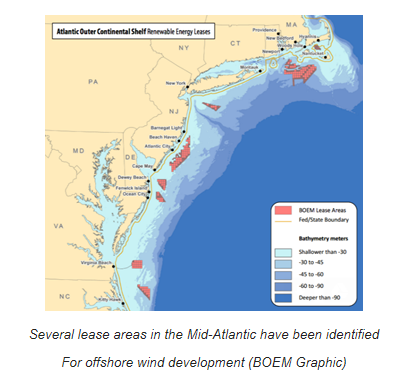
EMF (Electromagnetic Field) Effects and the Precautionary Principle – Nils E. Stolpe/FishNet USA
The following is taken from an OSPAR Commission (https://www.ospar.org/) report from 2008. It clearly shows that at the time when interest in offshore wind turbines was really starting to grow there was very little knowledge of, nor had much significant research been done on, the effects of electromagnetic fields on marine or estuarine species, and what little had been done was on mature organisms, with little or no attention given to immature stages. Background Document on potential problems associated with power cables other than those for oil and gas activities: Conclusions in regard to electromagnetic fields Our current knowledge about effects of electromagnetic fields on the marine environment, in particular fauna, is not sufficient. Only a few preliminary conclusions can be reached. click here to read the article 17:07
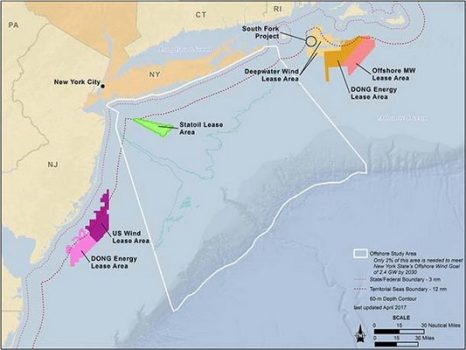
Fishermen’s Doubts Persist on South Fork Wind Farm
As 2018 approaches, so does Deepwater Wind’s plan to submit applications to more than 20 federal, state, and local permitting agencies for the South Fork Wind Farm, an installation of up to 15 turbines it plans to construct approximately 30 miles east of Montauk. With a first-quarter deadline to submit those applications looming, commercial fishermen in East Hampton remain generally opposed to the project,,, The specific concern voiced at the town trustees’ Dec. 11 meeting, and again at last Thursday’s meeting of its harbor management committee, is the prospect of trawl nets getting caught on them, which fishermen say would be both costly and potentially deadly. click here to read the story 14:18
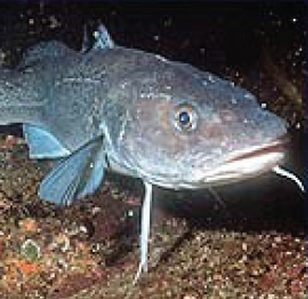
Coastal communities to ask for disaster declaration after cod forecast reduced by 80 percent
Kodiak officials already are drafting a disaster declaration due to the crash of cod stocks throughout the Gulf of Alaska. The shortage will hurt many other coastal communities as well. Gulf cod catches for 2018 will drop by 80 percent to just under 29 million pounds in federally managed waters, compared to a harvest this year of nearly 142 million pounds. The crash is expected to continue into 2020 or 2021. Cod catches in the Bering Sea also will decline by 15 percent to 414 million pounds. In all, Alaska produces 12 percent of global cod fish. click here to read the story 12:39 

Shellfish industry accuses conservation group of ‘smear campaign’ against scallop fishery
Shetlands inshore shellfish industry and local marine scientists have strongly condemned what they describe as a “series of false allegations” from a conservation organisation about the sustainability of king scallops from the islands. The Shetland Shellfish Management Organisation (SSMO) and NAFC Marine Centre has accused campaign group Open Seas of a “smear campaign” after it called for the Marine Stewardship Council (MSC) not to renew its accreditation of scallops. click here to read the story 10:23
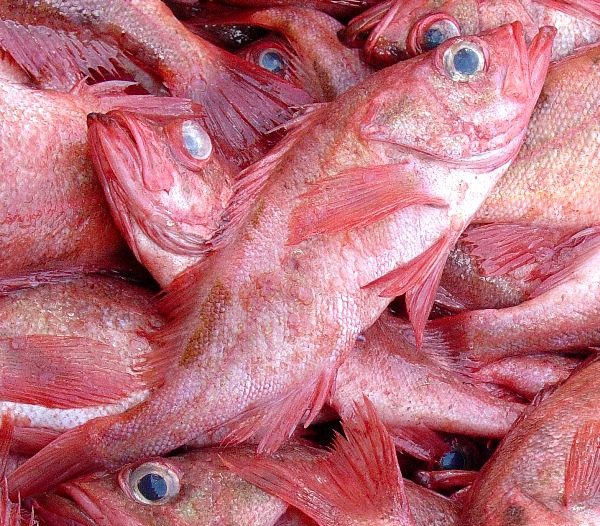
Ocean perch stock rebuilt, could lead to more commercial fishing opportunities in 2019
Federal restrictions designed to protect Pacific ocean perch from overfishing have worked well enough for the Pacific Fishery Management Council to consider the fishery “rebuilt,” meaning it will relax restrictions. Once the new rules take effect in 2019 it should have significant economic value to the coast, experts say. “It’s a big deal for fisheries along the coast,” said Phil Anderson, who works with Ocean Gold Seafood in Westport and serves as chairman of the Pacific Fishery Management Council. click here to read the story 09:47
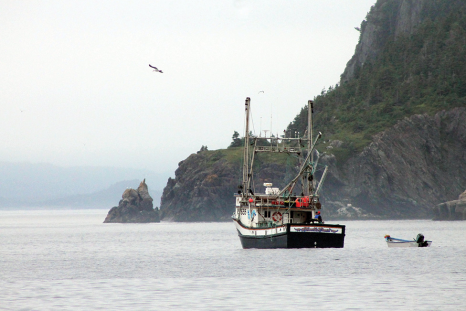
When Rome was burning, Nero played his violin – Current Fisheries Policy Damaging Industry
Just a little over a year ago, the Newfoundland and Labrador Federation of Labour came out swinging against FISH-NL. The head of the federation of labour, Mary Shortall, said FISH-NL was raiding one of its member unions and the federation was completely against it. Shortall said all of the federation’s member unions were standing in solidarity with the FFAW-Unifor. The fact that FISH-NL was formed because a significant number of the FFAW-Unifor’s fish harvester membership was totally unsatisfied with the FFAW-Unifor, was totally ignored by the federation of labour. click here to read the story 09:19
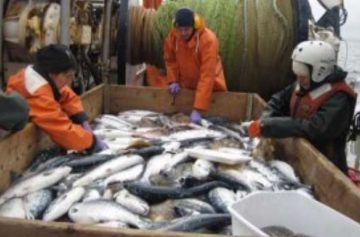
Money fish rule
Once more trawlers in the Bering Sea have gone to court in an effort to stop the National Marine Fisheries Service (NMFS) from billing them for the costs of managing Chinook salmon in the Bering Sea.,,, U.S. Commerce Department “cost recovery regulations, as applied to catcher-processor sector participants violate the (Magnuson-Stevens Act) MSA and (Administrative Procedures Act) APA, are arbitrary, capricious, an abuse of discretion and not in accordance with law, and are in excess of statutory jurisdiction, authority or limitations and short of statutory right,” the trawlers charged in a lawsuit filed Tuesday in the U.S. District Court for Alaska. click here to read the story 08:25






